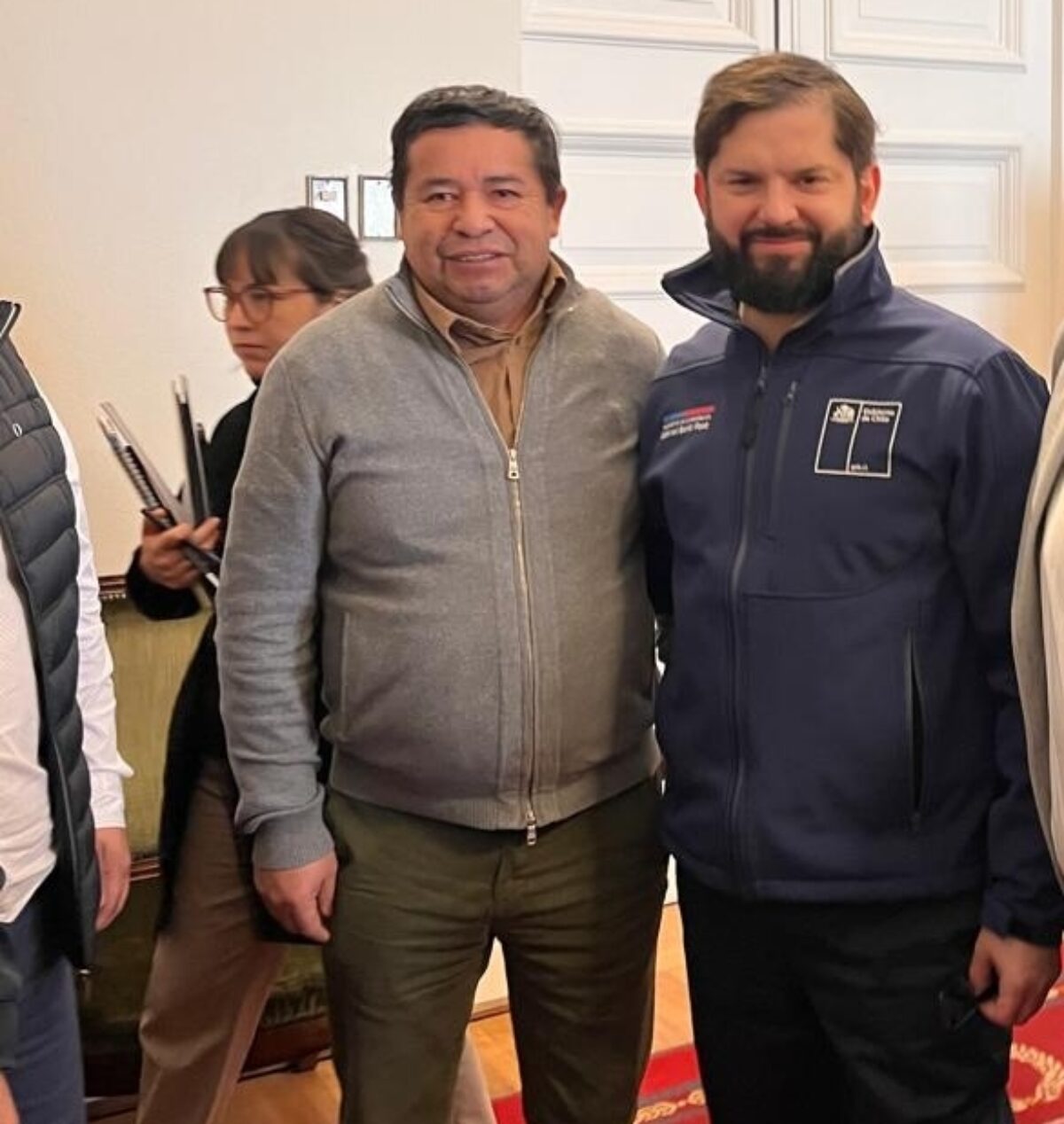Impact Stories
Improving equity for artisanal fishers in Chile’s southern hake fishery
A new law is providing opportunities and hope for artisanal fishers who practice sustainable longline fishing in the Chilean southern hake fishery.
Legal loopholes have historically enabled industrial fleets to capture the majority of southern hake landings in Chile, diminishing market opportunities for artisanal fishers. However, a new law on fishing quotas corrects this unequal distribution in the fishery and helps safeguard the resource which, according to the Chilean Undersecretariat of Fisheries and Aquaculture, is currently overexploited.
SFP has provided legal and technical advice to the Federación de Sindicatos de Pescadores Artesanales de Hualaihué (Hualaihué Fishermen’s Federation), which represents around 1,300 southern hake (or austral hake) fishers, so they could participate in debates on this law and advocate for an increased artisanal fishing quota.
A timeline of activity on the southern hake fishing quotas
Understanding the new law
December 2023: A draft of a new fisheries law is presented by the Chilean executive branch to the Chamber of Deputies (Message No. 280-371). The draft includes, among other changes, an updated distribution of quotas by fishery between the industrial and artisanal sectors (Article 16).
January 2024: SFP’s legal team in Chile undertakes a comprehensive analysis of the new fisheries law and proposes changes related to the fisheries management regime and the institutional reorganization of fisheries authorities. The analysis is distributed to six fishers organizations to support their participation in debates over the law: Federación de Sindicatos de Pescadores Artesanales de Hualaihué, Confederación de Pescadores Artesanales de Chile (CONFEPACH), Coordinadora de Artesanales del Norte (CORANOR), Corporación Nacional de Mujeres de la Pesca Artesanal, Confederación de pescadores en defensa de la pesca artesanal (CONDEPP), and Alianza Nacional por la Defensa de la Pesca Artesanal.
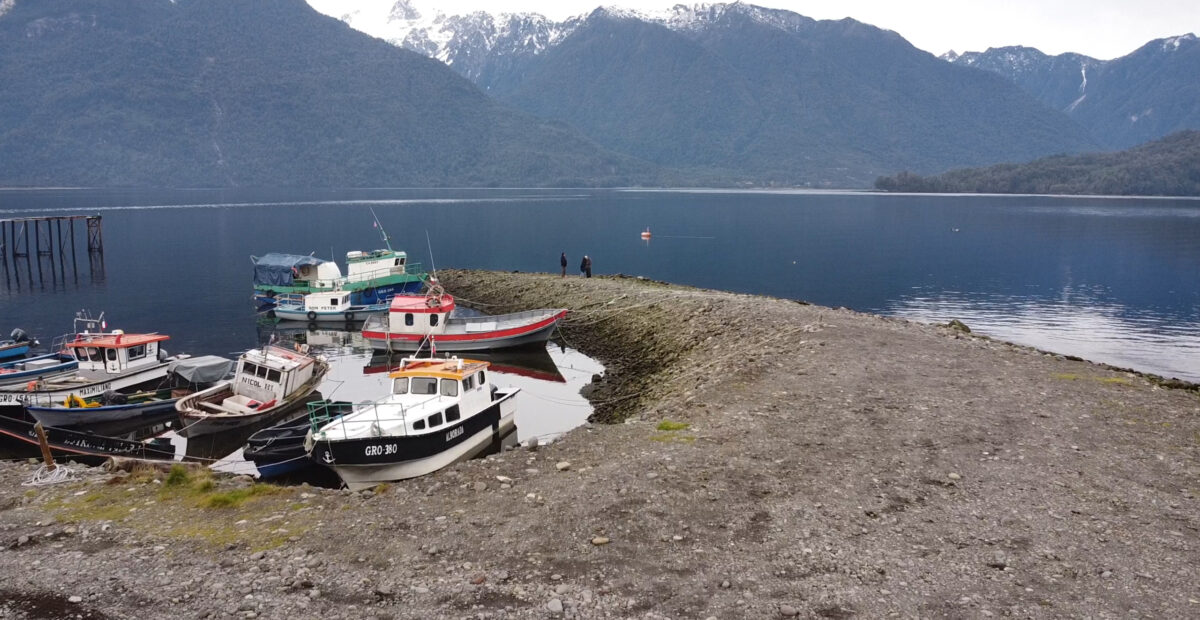
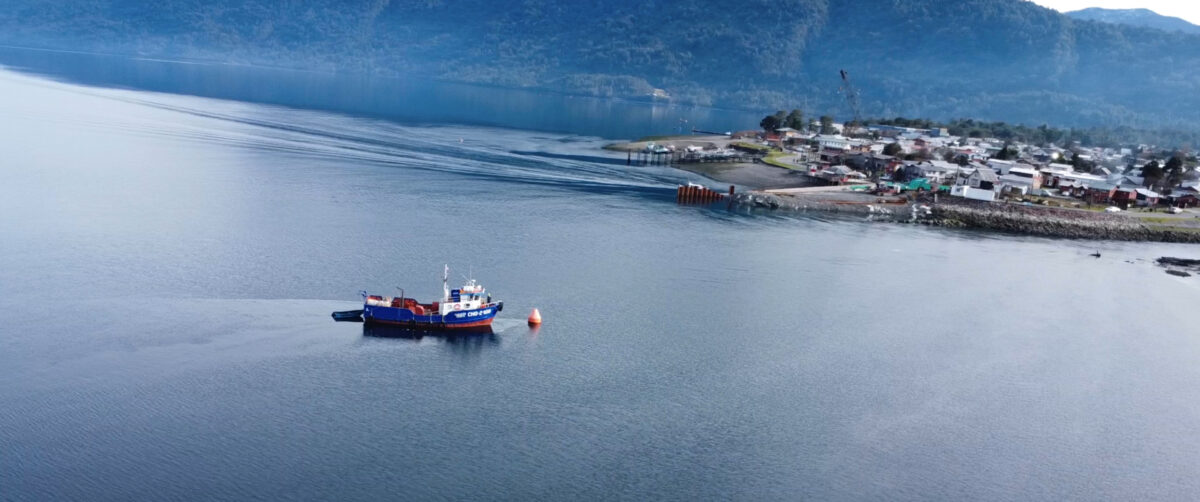
Advocacy by artisanal fishers
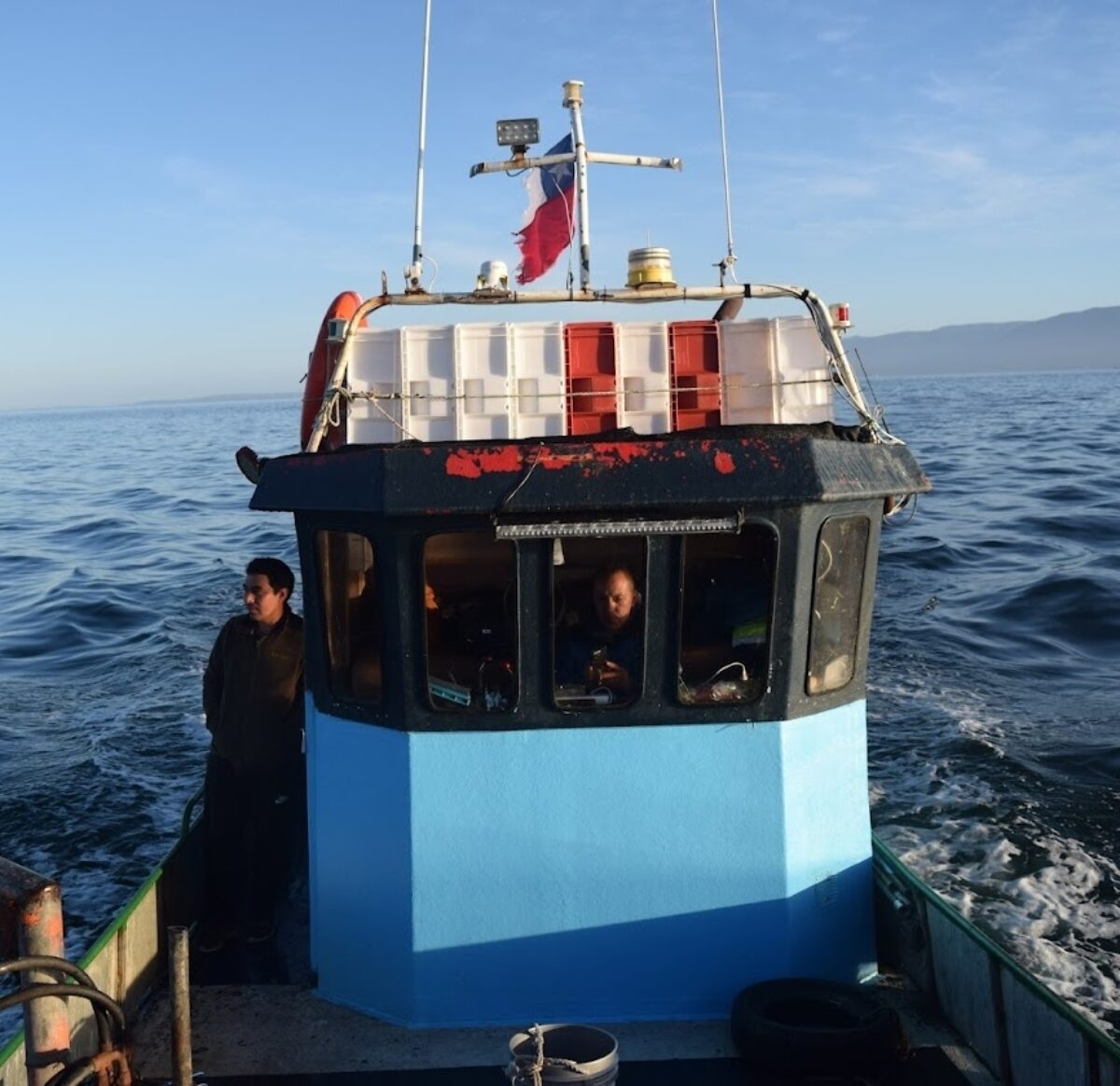
May 2024: SFP supports the creation of the National Alliance for the Defense of Artisanal Fisheries, which brings together four artisanal fishing organizations to strengthen their participation and advocacy on the law and, more broadly, on any fisheries-related issues. SFP facilitated the founding discussions for the Alliance, drafted the agreement, and provided specific guidance for Alliance members to advocate for a special pension and tax regime that would benefit artisanal fisheries to be included in the new law.
September 2024: The Chilean government presents an independent draft Law on Fishing Quota by the Government (Message No. 189-372), in response to delays in the processing of the new fisheries law.
September-December 2024: Representatives of artisanal fishing organizations attend six hearings by the Fisheries Commission of the Chamber of Deputies and the Senate Maritime Interests Committee. SFP’s team monitors and analyzes the legislative process and the agreements reached, and distributes updates to artisanal fishing organizations.
Finalizing the law
May 2025: The Joint Committee, which is composed of both deputies and senators, debates the final text of the law, to resolve discrepancies that arose after the Senate Maritime Interests Committee amended the original bill.
June 2025: Following complex discussions and negotiations, Law 21.752 on Fishing Quotas is approved and published. SFP’s team publishes an analysis of the new law and disseminates its findings to artisanal fishers organizations.
The law allows for the following increases in southern hake fishing quotas, representing a significant benefit for the artisanal sector:
- In the Los Lagos region, the fishing quota allocated to the artisanal sector increased by 10%, resulting in 70% for artisanal fishers and 30% for the industrial sector.
- In the Aysén and Magallanes regions, the fishing quota allocated to the artisanal sector increased by 3%, resulting in 63% for artisanal fishers and 37% for the industrial sector.
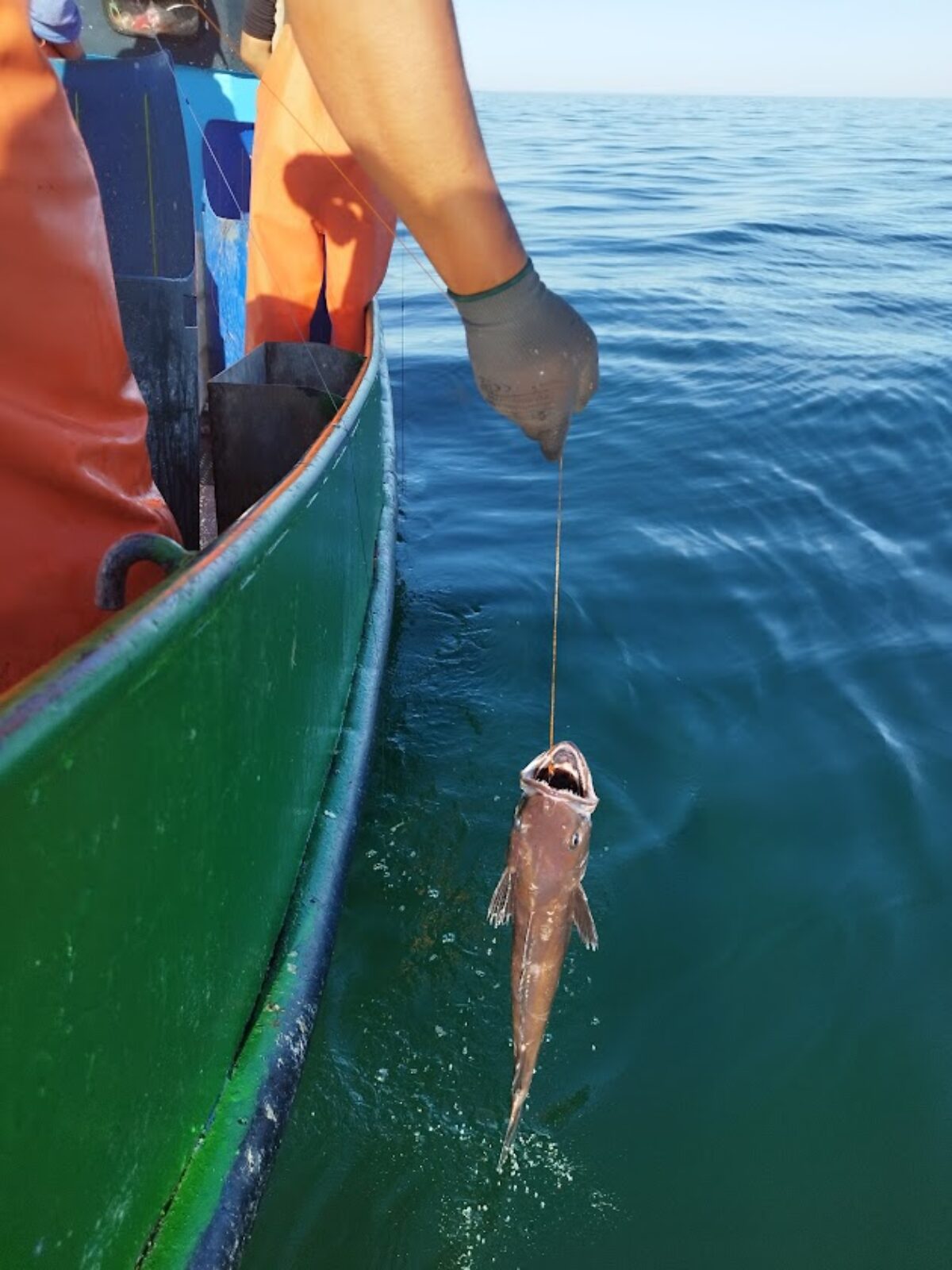
Looking ahead
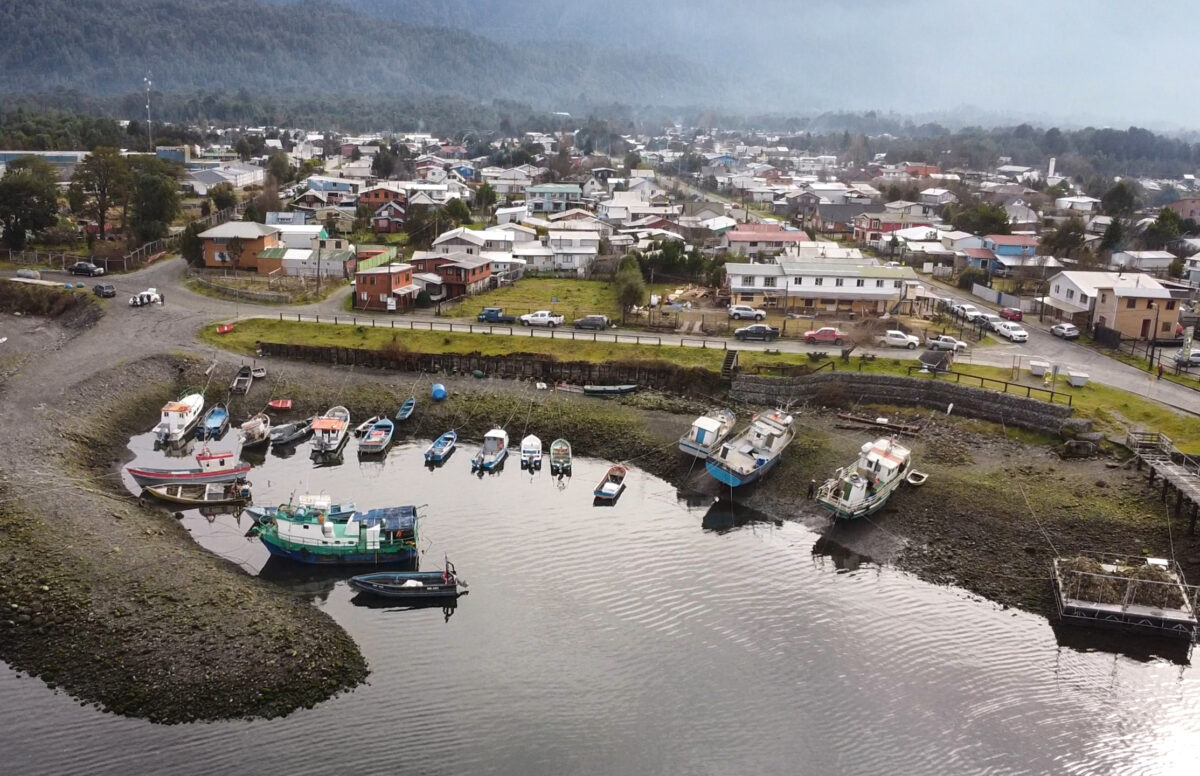
The new law will take effect on January 1, 2026. Based on the quota percentages, the Undersecretariat of Fisheries will estimate the available biomass and translate that percentage into the number of tons that southern hake fishers will be allowed to catch. This process is expected to occur in March 2026. Updates and harmonization of fisheries legislation to reflect new legal, administrative, and environmental contexts remain pending, as well as improvements to fisheries governance and the institutions involved in resource management.
SFP will continue supporting the Federación de Sindicatos de Pescadores Artesanales de Hualaihué in its efforts to safeguard the marine ecosystem and the longline southern hake fishery. Additionally, SFP will closely monitor the debate on the new law and provide information to the artisanal fishers organizations to intervene and request any necessary modifications to ensure fair regulation.
“Participation by our fishermen in the discussions on the new Law on Fishing Quota ensured that the artisanal fishing quota for the Los Lagos region remained at 70%. This is an achievement worth celebrating, as it brings greater fairness and transparency to our work. For years, we have been emphasizing not only the need to maintain our fishing quota, but also the importance of conserving the marine ecosystem and its resources.”
– José Alvarado, President of the Hualaihué Fishermen’s Federation
